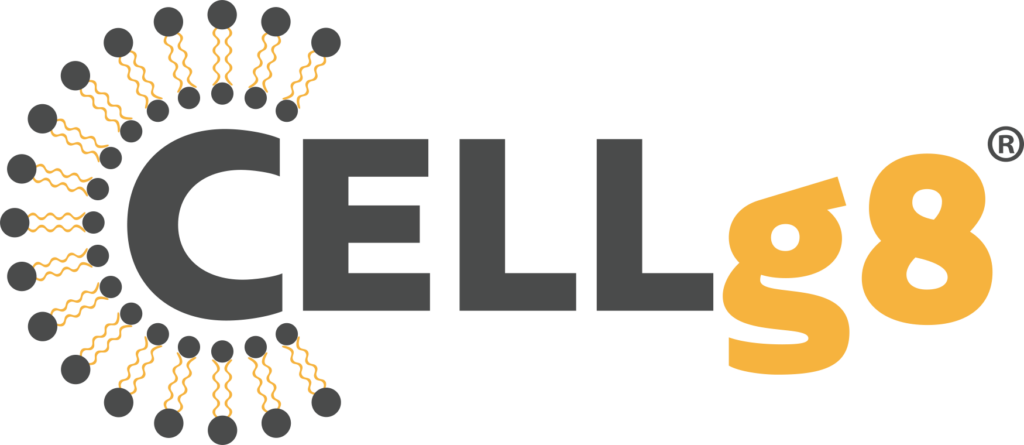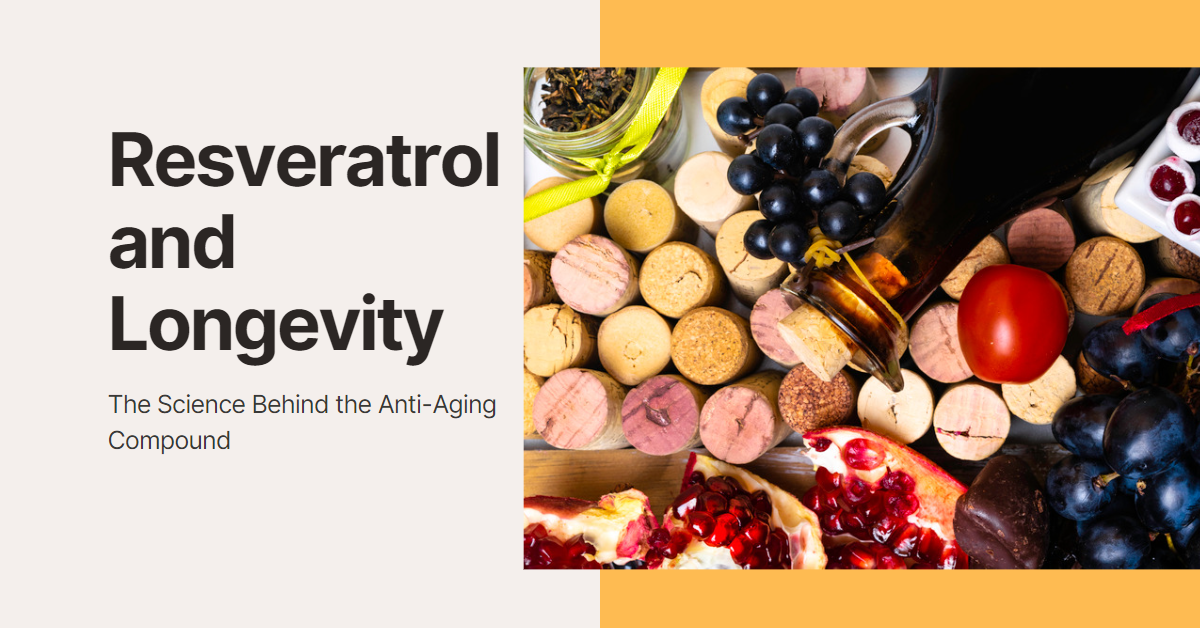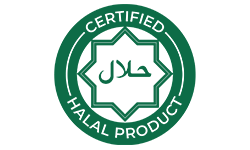Resveratrol, a compound found in red wine, berries, and some nuts, has gained attention as a potential anti-aging compound. Resveratrol has been shown to extend the lifespan of certain organisms, such as yeast, roundworms, and fish, and is believed to have similar effects in humans. Here, we will discuss the science behind resveratrol and longevity.
Key Highlights
-
Resveratrol is a compound found in red wine, berries, and some nuts, and has gained attention as a potential anti-aging compound. Resveratrol has been shown to stimulate Nrf-2, a transcription factor that increases antioxidant elements in the body, and to have anti-aging effects by activating the SIRT1 gene, which regulates cellular processes associated with aging.
-
Resveratrol has been shown to improve cardiovascular health, insulin sensitivity, and cognitive function, as well as reduce oxidative stress, which is a key factor in aging. Studies in mice have also found that high-dose resveratrol supplementation can extend lifespan by up to 24%.
-
Although more research is needed to fully understand the effects of resveratrol on longevity in humans, the current evidence suggests that resveratrol may play a role in promoting healthy aging, and could potentially be used as a supplement to improve overall health and longevity.
The Benefits of Resveratrol: Understanding Its Antioxidant Properties and Anti-Aging Effects
What is Resveratrol? Resveratrol is a type of polyphenol, a naturally occurring antioxidant, found in the skin of red grapes, as well as in red wine, blueberries, cranberries, and some nuts. Resveratrol has been shown to stimulate Nrf-2, a transcription factor that increases antioxidant elements in the body, and is also believed to have anti-aging effects (Farkhondeh et al., 2020).
How else does Resveratrol work? Resveratrol activates the Sirtuin 1 (SIRT1) gene, which is known to regulate cellular processes associated with aging. SIRT1 activation and the resultant PGC-1α upregulation leads to an increase in the number and efficiency of mitochondria, which improves cellular energy production and extends lifespan. (Farkhondeh et al., 2020).
Resveratrol has also been shown to improve cardiovascular health, and insulin sensitivity, and to have neuroprotective effects, all of which are associated with longevity. In addition, resveratrol has been shown to reduce oxidative stress, which is a key factor in aging and age-related diseases.
Exploring the Promising Link between Resveratrol and Longevity: Evidence from Studies on Mice and Humans
What is the evidence for Resveratrol and Longevity? Although the evidence for resveratrol and longevity is still in its early stages, several studies have shown promising results. A study in mice found that a high-dose resveratrol supplement extended lifespan by up to 24% (Baur et al., 2006). Another study found that resveratrol supplementation improved cardiovascular health and reduced oxidative stress in overweight and obese individuals (Poulsen et al., 2012). In a two-year study of postmenopausal women, resveratrol supplementation resulted in enhanced cognitive activity, cerebrovascular function, and insulin sensitivity (Thaung Zaw JJ, et al, 2021).
Resveratrol is a promising anti-aging compound that has been shown to extend lifespan in some organisms and to improve cardiovascular health, insulin sensitivity, cognitive function, and reduce oxidative stress in humans. Although more research is needed to fully understand the effects of resveratrol on longevity in humans, the current evidence suggests that resveratrol may play a role in promoting healthy aging.
References
Farkhondeh T, Folgado SL, Pourbagher-Shahri AM, Ashrafizadeh M, Samarghandian S. (2020). The therapeutic effect of resveratrol: focusing on the NRF-2 signaling pathway. Biomedicine and Pharmacology, 127, 110234.
Baur, J.A., Pearson, K.J., Price, N.L., Jamieson, H.A., Lerin, C., Kalra, A., et al. (2006). Resveratrol improves health and survival of mice on a high-calorie diet. Nature, 444(7117), 337-342.
Poulsen, H.M., Kumar, S., Poulsen, M., Weimann, A., Brønden, A., Sandström, B., et al. (2012). Resveratrol improves insulin sensitivity, reduces oxidative stress and activates the Akt pathway in type 2 diabetic subjects. Diabetes, Obesity and Metabolism, 14(7), 622-629.
Thaung Zaw JJ, Howe PR, Wong RH. (2021). Long-term effects of resveratrol on cognition, cerebrovascular function and cardio-metabolic markers in postmenopausal women: A 24-month randomized, double-blind, placebo-controlled, crossover study. Clinical Nutrition 40(3):820-829.







